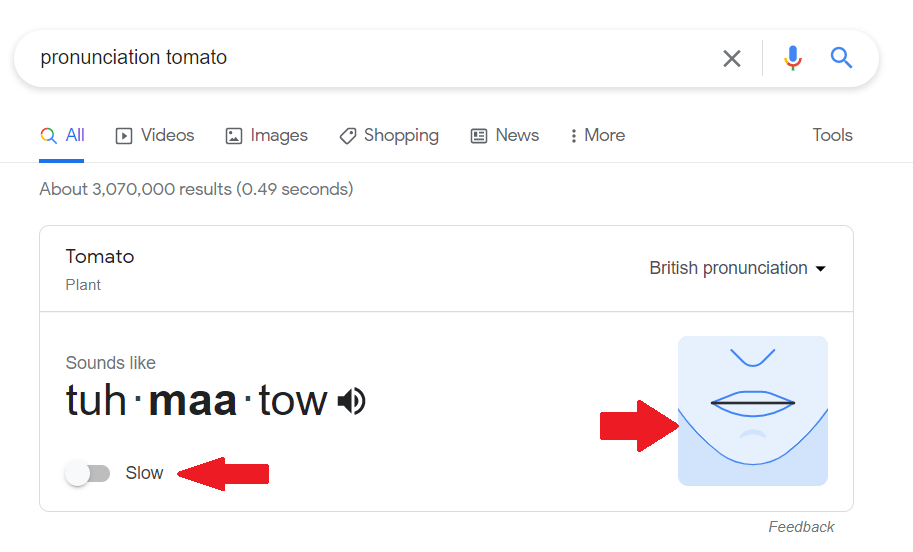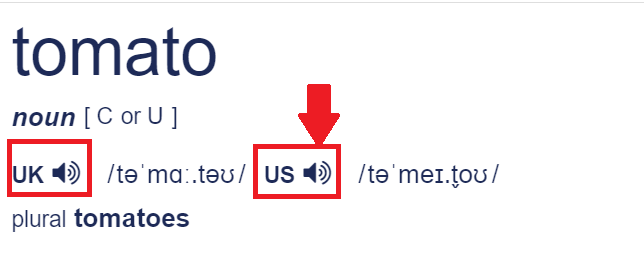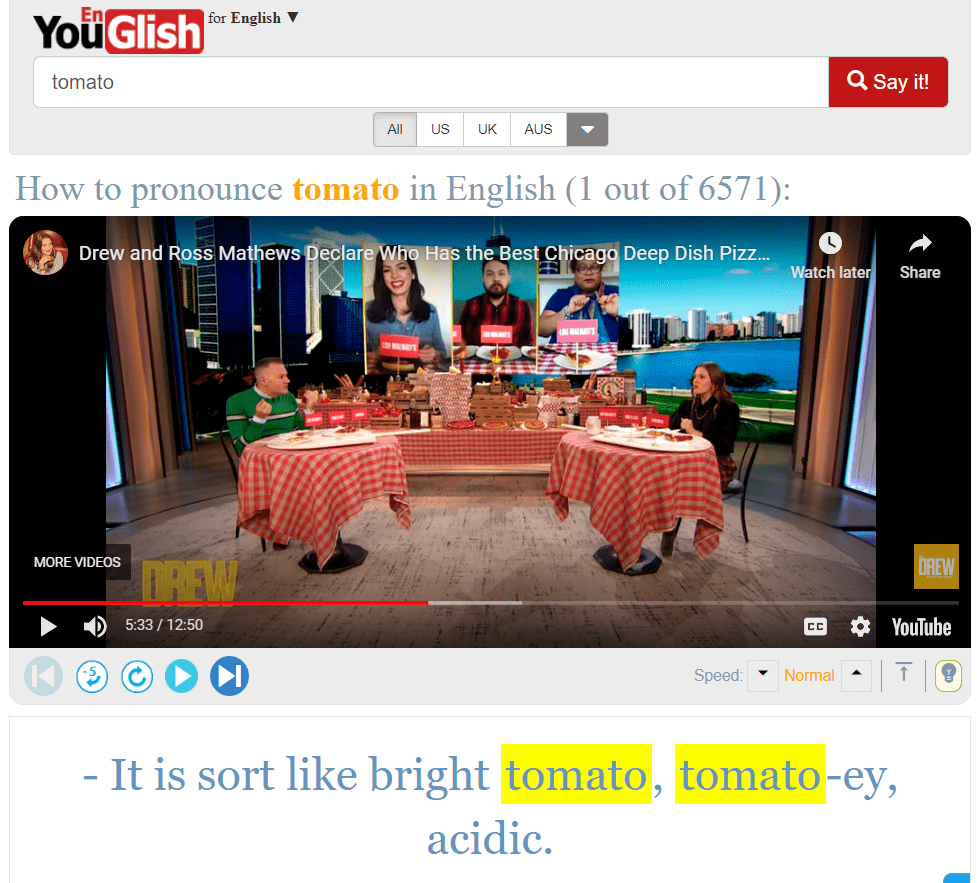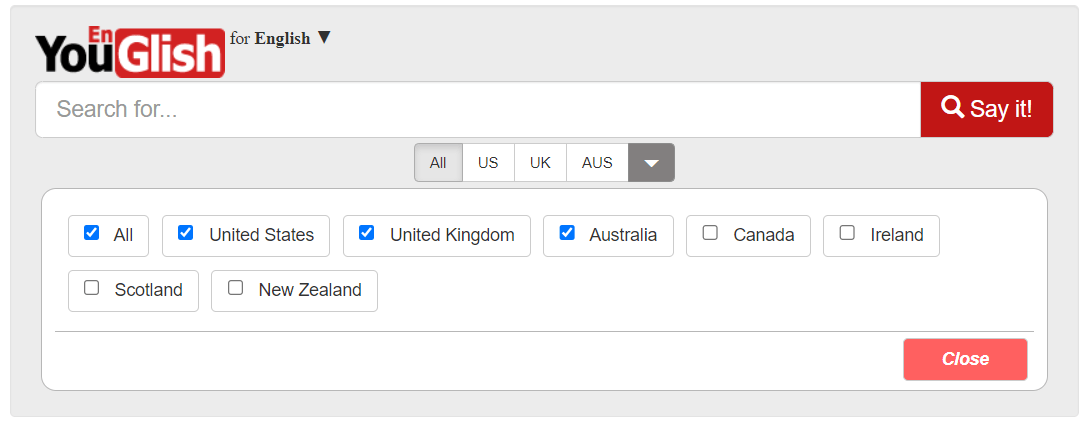Students resources
Pronunciation & Youglish

Pronunciation
Pronunciation is challenging for almost every student. It takes some time to pronounce the word correctly and even then you might not be sure if you did. That’s why it’s lovely to have a teacher correct you, but you don’t always have one there and you might still need some help. So, here are some resources you can use.
Levels of pronunciation
First of all there are 3 levels of pronunciation in English:
- Individual sounds level: especially the vowel sounds: a e i o u are very difficult
- Word level: all the sounds together in a word and word stress
- Sentence level: all the words together: sounds that change, are added, are left out, intonation, rhythm, stress….
Depending on which part of the word you come from and what your native tongue is you might have problems with more than 1 level. Don’t worry too much about it, it’s very normal and at some point in the future I’ll go much deeper into the 3 levels and pronunciation.
Individual sounds and word stress
Today I want to focus on the first 2 because every English learner struggles with these 2. Like I said before, when you have a teacher they can model the word for you and you can listen and repeat on how to pronounce it. Still, like I said before, what to do when you don’t have a teacher.
Google pronunciation
This option gives you the choice between American and British pronunciation. It even has a nice model of the face to show you how the muscles move, which I must say is really useful. You can even slow it all down to really watch, see, and listen what is happening to the pronunciation of the words. Still, the pronunciation is very robotic and doesn’t really sound like real speech.
An online dictionary
I really love the Cambridge online dictionary and it also has the pronunciation of the words in American English and British English. Here there are no little pictures, but the sounds are already a lot more natural and they give you a good idea of how to pronounce the word.
Youglish
I would say the ultimate resource, because it looks for real humans saying the word in context. This means you can type any English word and it will find this word in a youtube video. As you can see below for the word tomato you can listen to 6571 videos where they use the word tomato. You even get a small transcript of what is said in the video below.
If you want to focus on different accents you can look for American, British or Australian. If you want more you can also look for Canadian, Iris, Scottish and New Zealandish. This means you can not only practise trying to say the word correctly, you can also practise listening to it, so you get used to the different pronunciations and it will be easier for you to understand different accents.
Have a try at all 3, try out some words and let us know in the comments below which one you like the most.
Spread the word
Kristof Abrath
Teacher, Trainer, Course Designer
Teaching in English on 4 different continents since 2006.




